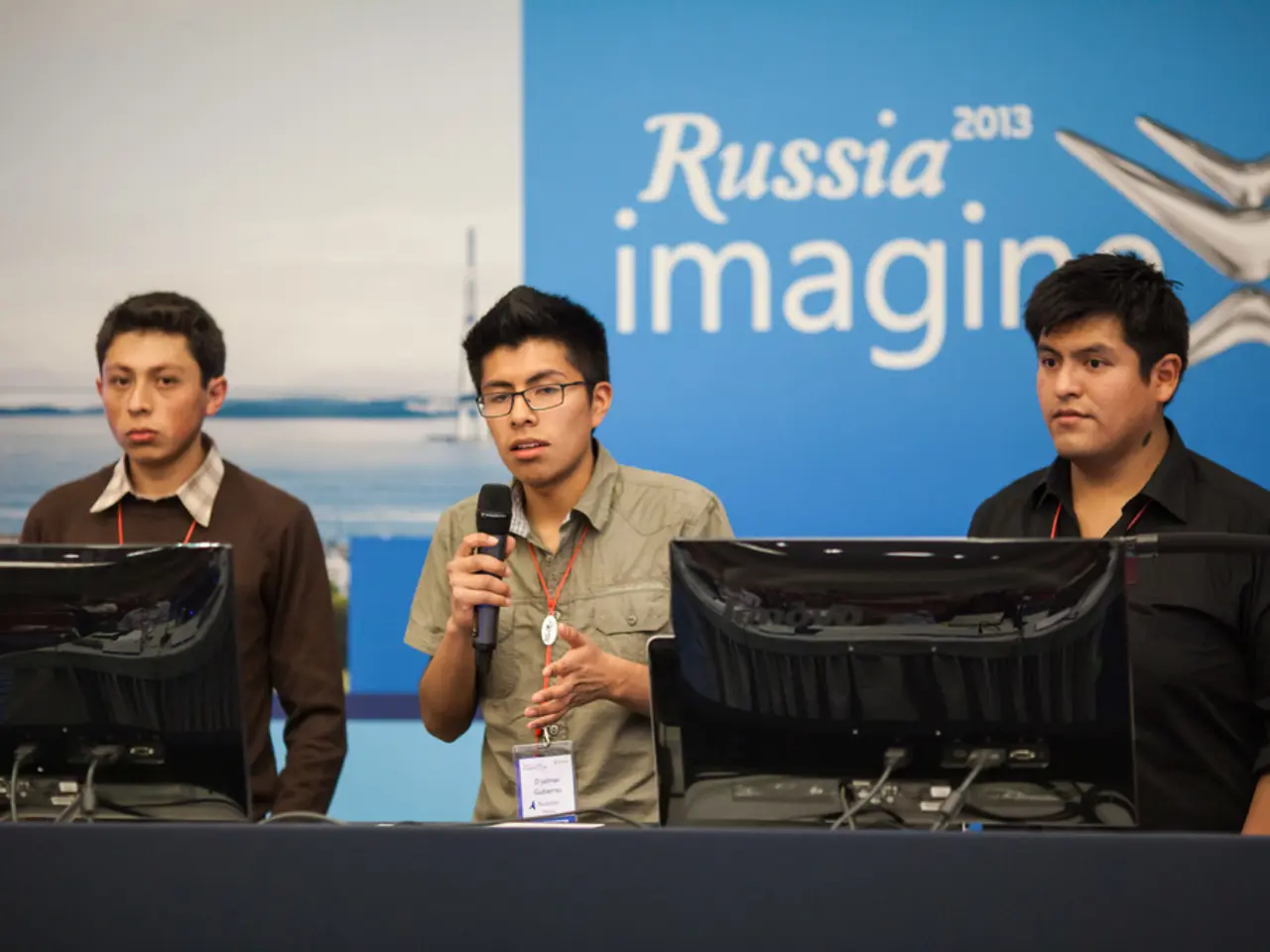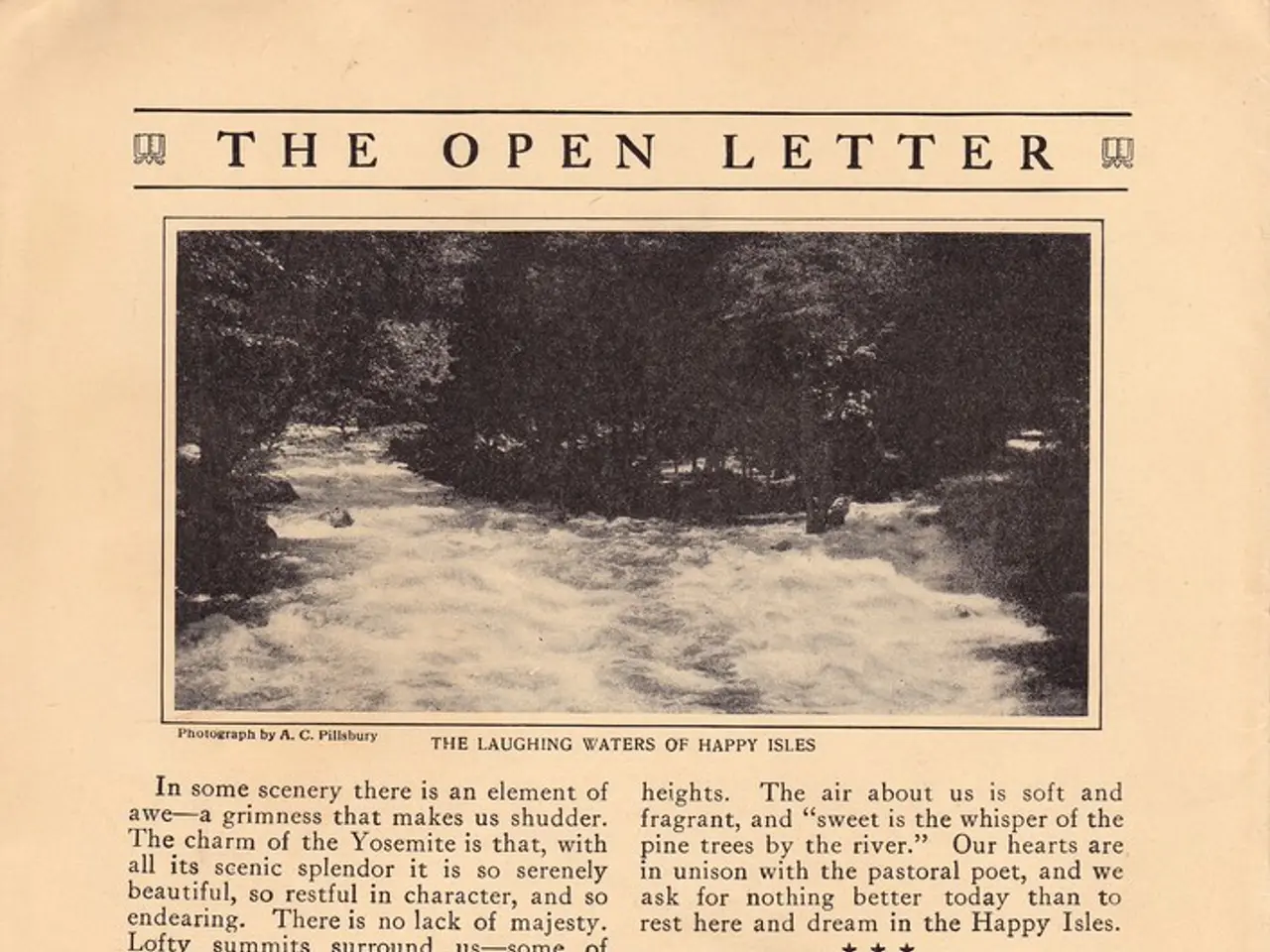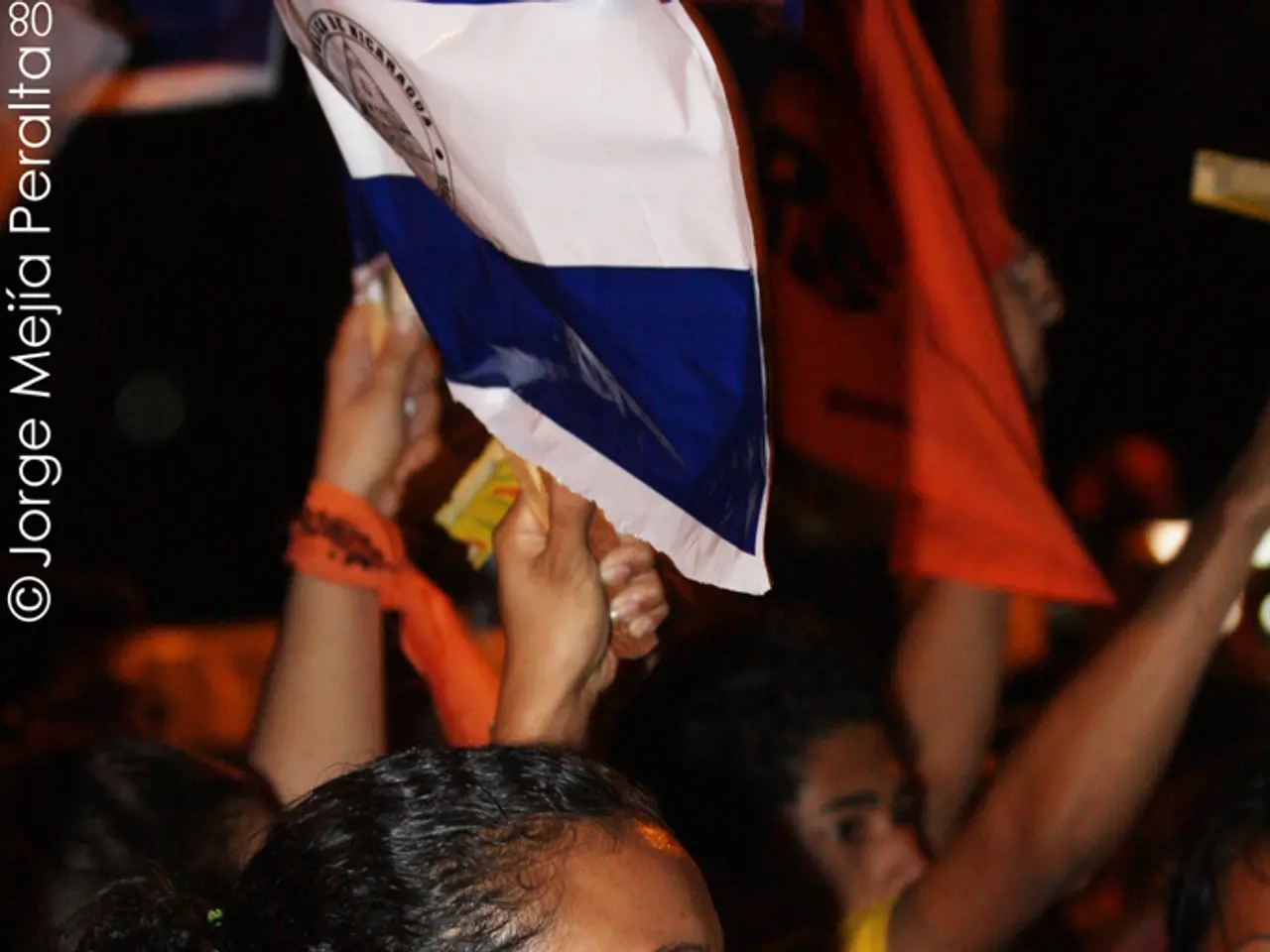Russia-Armenia Diplomatic Relations Suspended
In the heart of the South Caucasus, the historically close relationship between Moscow and Yerevan is showing signs of strain, with the arrest of Russian businessman Samvel Karapetyan serving as a significant flashpoint. The escalating tension between the two nations in 2025 is rooted in several intertwined political and security issues, with the Karapetyan case and the proposed ban on Russian state TV channels in Armenia being prominent sources of contention.
The conflict between Moscow and Yerevan began when Karapetyan, a Russian businessman of Armenian origin, was arrested in Armenia on charges of inciting a violent seizure of power. Following his arrest, the Armenian government nationalized the energy company under his control, a move that Moscow perceived as a direct affront to its interests, given Karapetyan's perceived status as a Russian ally in Armenia. This incident significantly escalated political tensions, signaling Armenia’s move to limit Russian influence within its borders.
Another significant source of tension is the proposed ban on Russian state channels in Armenia. In response to what Armenian authorities see as interference in Armenia's internal affairs by Russian media, leaders like Alen Simonyan, chairman of the Armenian National Assembly, have proposed stopping the broadcasting of Kremlin-backed propaganda channels in Armenia. Simonyan publicly criticized Russian anchors and justified restricting these channels as a defense of Armenia’s sovereignty vis-à-vis Moscow’s influence.
Armenia's shift towards Western alignment is another factor contributing to the tension. The Armenian government and a majority of its population are increasingly skeptical of Russia, seeing it as an unreliable partner and more of a threat than an ally, especially after the 2023 Nagorno-Karabakh crisis. As a result, Armenia has shown increasing interest in deepening ties with Western countries, including signing a military cooperation agreement with the UK for 2025-2026 and initiating EU accession talks.
The geopolitical context also plays a role in Armenia’s move away from Russia. The Kremlin is currently strained by rivalries with Azerbaijan, and Armenia is attempting to recalibrate its foreign relations to reduce dependence on Moscow. Although Armenia remains economically intertwined with Russia, its closed borders with Turkey and Azerbaijan mean it is politically distancing itself. The Russian military presence remains in Armenia, particularly at the Gyumri base and borders, but public and political sentiment is increasingly critical of Moscow.
The escalating tension between Moscow and Yerevan has several impacts on their bilateral relations and the wider region. The arrest of Karapetyan and the nationalization of his company have aggravated Moscow’s dissatisfaction with Yerevan. Coupled with moves to limit Russian media influence in Armenia, this has deepened mistrust. The tension is part of Armenia's broader strategy to assert sovereignty and seek alternative partnerships, including with the EU and NATO. This includes reducing reliance on the Collective Security Treaty Organization (CSTO) and the Eurasian Economic Union (EAEU), both dominated by Russia.
The regional security risks are another concern. Although Armenia seeks to reduce Russian dependence, it remains in a vulnerable position with closed borders and existential threats from Azerbaijan. The Kremlin’s ambiguous stance on Azerbaijan’s hostility could complicate Armenia’s security environment, increasing risks of conflict and instability.
Finally, the information and propaganda battles are a significant aspect of the tension. Armenian authorities consider Russian state media as instruments of propaganda that harm bilateral ties and interfere in internal affairs. The proposal to ban these channels reflects Armenia's determination to control its information space and reduce Kremlin influence on public opinion.
In conclusion, the tension between Moscow and Yerevan in 2025 is driven by Armenia’s efforts to reclaim sovereignty and pivot towards Western alliances, exemplified by the fallout from the Samvel Karapetyan case and the push to ban Russian state media. These developments strain their historically close but now fraying relationship, with significant implications for regional security and the geopolitical balance in the South Caucasus.
Amidst the geopolitical landscape of the South Caucasus, the proposed ban on Russian state TV channels and the Karapetyan case have emerged as key points of contention in the escalating tension between Moscow and Yerevan, with unfolding implications for political news, war-and-conflicts, and general-news narratives. As the Armenian government seeks to assert sovereignty and reconsider its alliances, it paves the way for potential shifts in its relationships with regional actors, including Western countries.








